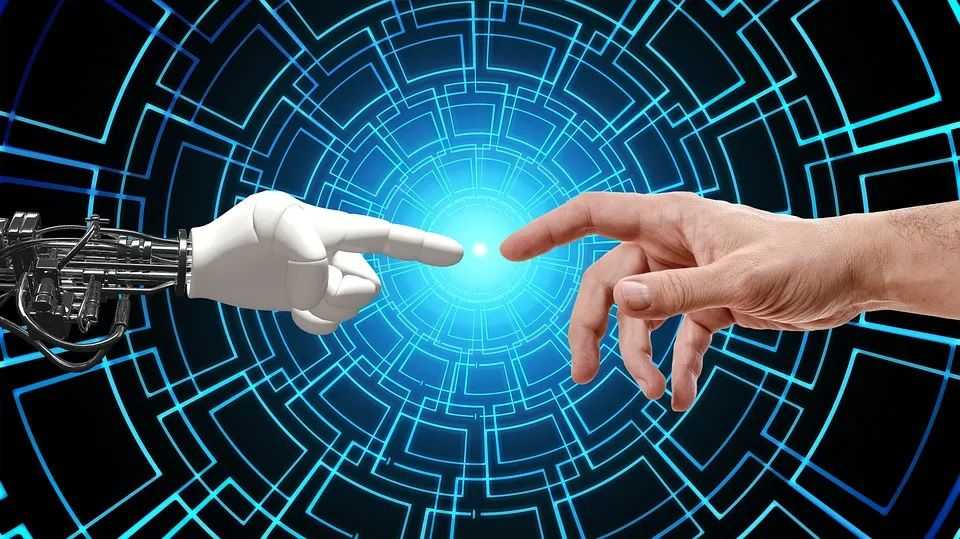The Institute of Physical and Chemical Research (RIKEN) in Japan has developed a groundbreaking generative AI system that can recognize non-standard experimental environments and autonomously generate robotic arm operations. By integrating 3D modeling with real-time data processing
The impact of AI extends far beyond the laboratory. In the education sector, intelligent error-correction tools have been introduced, providing students with instant feedback on their assignments and helping educators identify common learning gaps. For instance, these tools can analyze written essays, pinpoint grammar mistakes, and suggest improvements in real-time, enhancing the learning experience. In the medical industry, AI algorithms are streamlining the pathological diagnosis process. By analyzing large datasets of medical images and patient information, AI systems can assist doctors in detecting diseases more accurately and at an earlier stage, potentially saving countless lives.
On the administrative front, local governments are leveraging AI chatbots to boost service efficiency. These chatbots can handle routine inquiries from citizens, such as questions about public services, application procedures, and policy explanations. By automating these tasks, government agencies can free up human resources to focus on more complex issues, improving overall service quality and responsiveness. As these diverse applications continue to mature, AI is set to become an even more integral part of Japanese society, driving progress across multiple domains.




